Rosetta stone
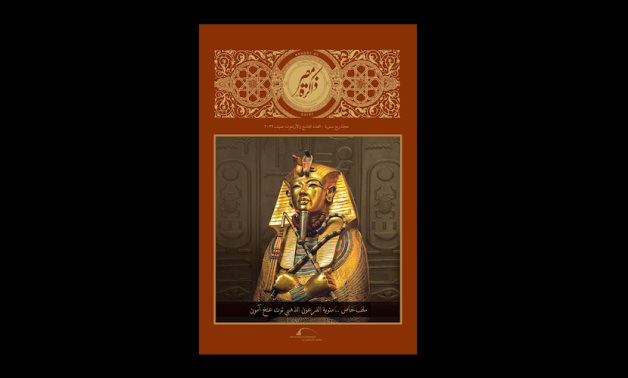
The new issue focuses on the centenary of the discovery of Tutankhamun’s tomb and the 200th anniversary of deciphering the Rosetta Stone.
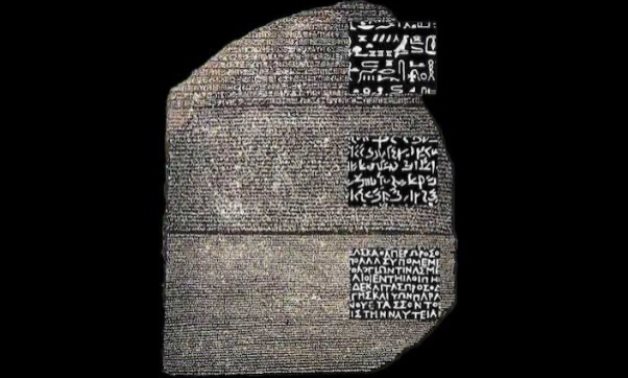
For centuries, life in ancient Egypt has been a mystery.
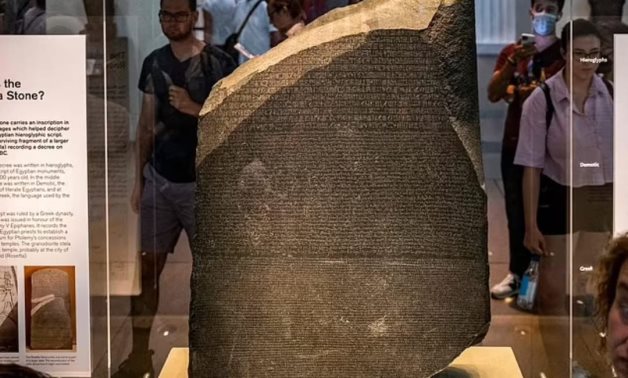
Experts signed a petition that says the precious 2,200-year-stone, which enabled the deciphering of hieroglyphs in 1822-1824, must be returned to its country of origin.
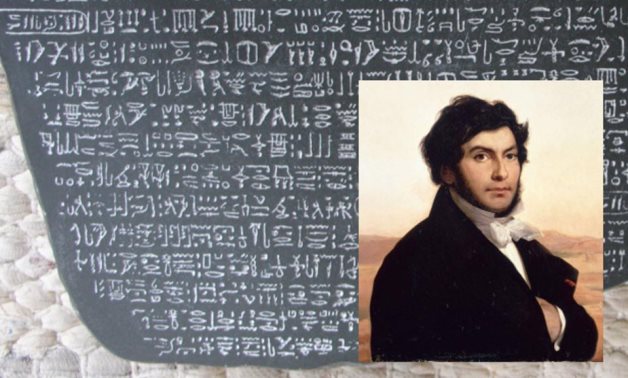
Abdel Latif added that the French campaign was not an occupational campaign.
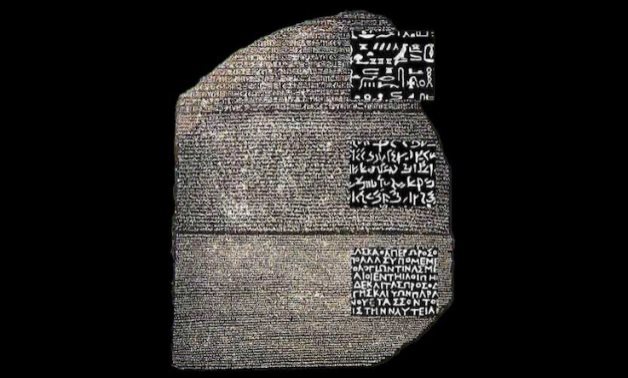
On September 27, 1822, French Egyptologist Jean-Francois Champollion was able to decipher the ancient Egyptian hieroglyphs after studying the Rosetta Stone.
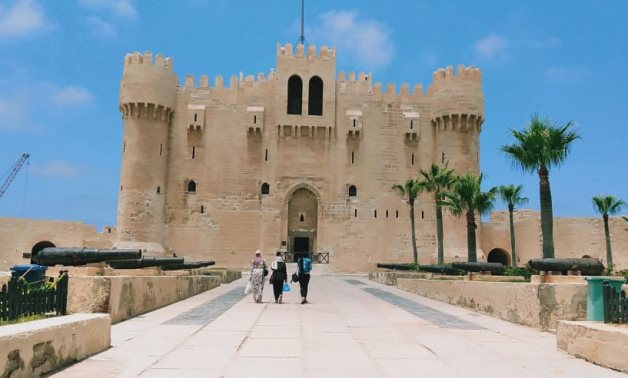
Qaitbay Citadel in the Mediterranean city of Alexandria will be opened to visitors free of charge on Tuesday, in celebration of the 200th anniversary of deciphering the Rosetta Stone and the emergence of Egyptology.
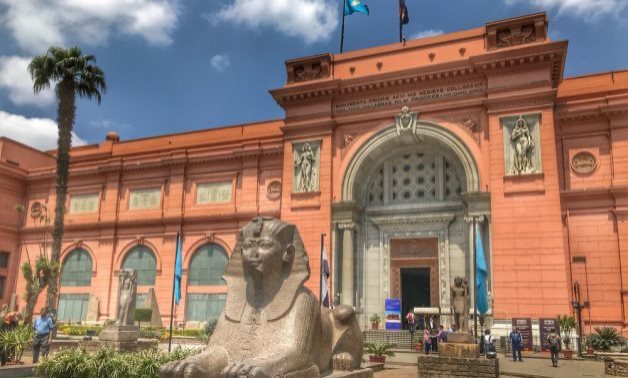
This comes in celebration of the 200th anniversary of deciphering the Rosetta Stone and the emergence of Egyptology.
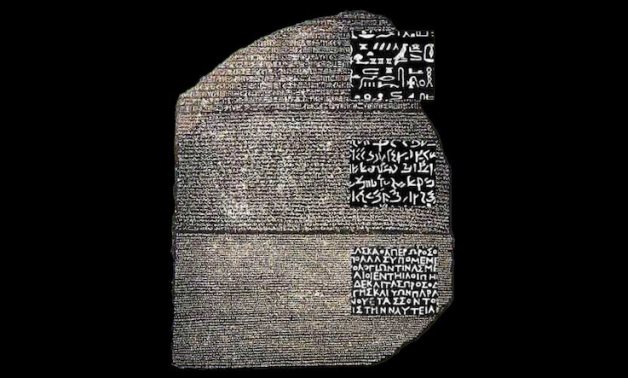
Without the Rosetta Stone, we would know nothing of the ancient Egyptians.
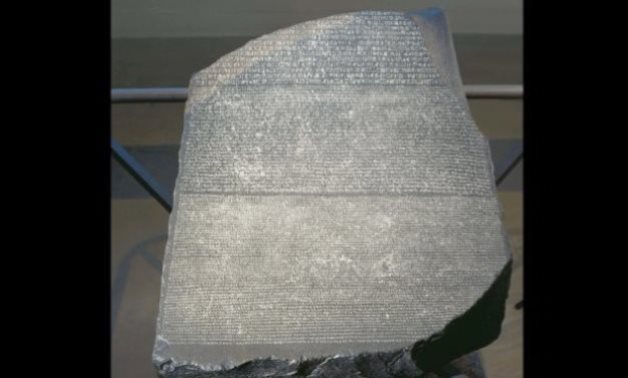
The Rosetta Stone is currently housed in the British Museum, after the British seized it in 1801 from the French campaign.
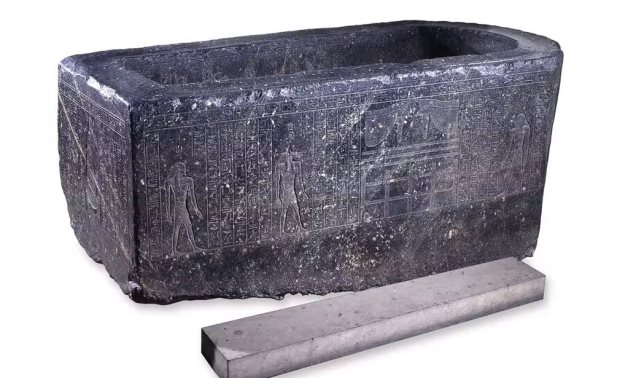
The black granite basin covered with hieroglyphs is known as the Enchanted Basin and dates back to around 600 BC.
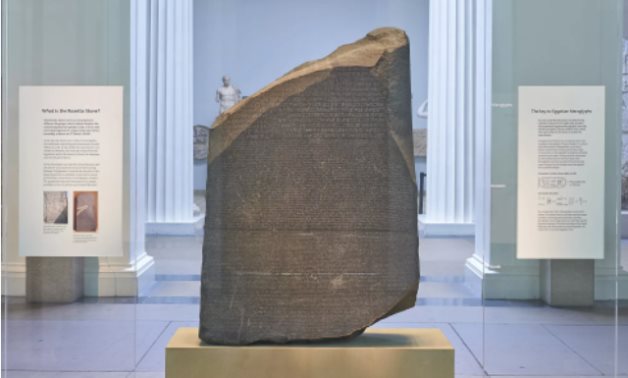
The British Museum houses unique ancient Egyptian artifacts, most notably the Rosetta Stone.
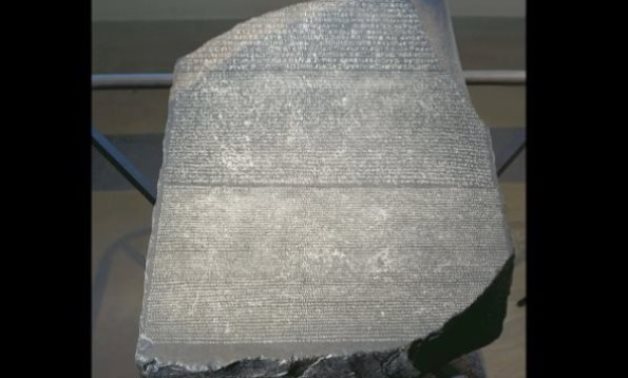
The Rosetta Stone was discovered by the French expedition in 1799 AD.
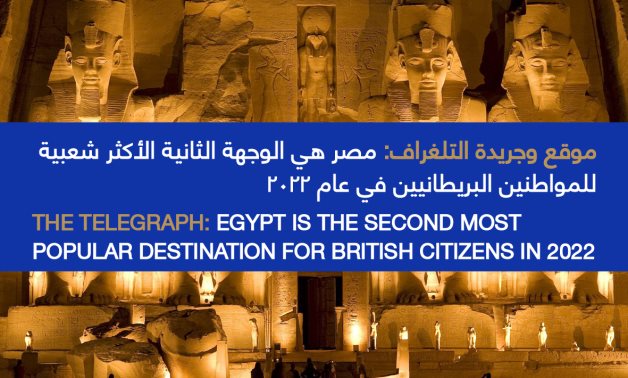
In a report, the newspaper said, "Egypt has proven its popularity as a favorite tourist destination.”

In the following lines, ET sheds light on the most important world events that took place on September 27.
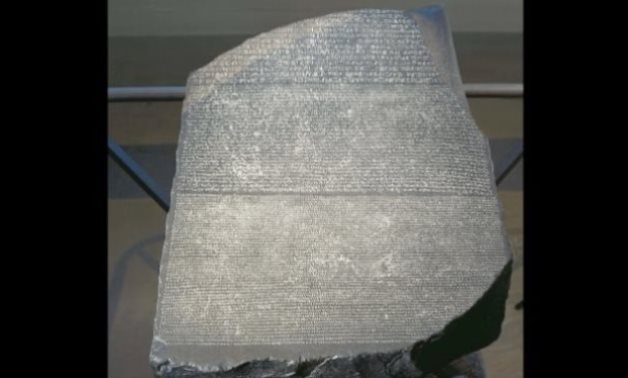
On September 27, 1822, French Egyptologist Jean-Francois Champollion was able to decipher the ancient Egyptian hieroglyphs after studying the Rosetta Stone.
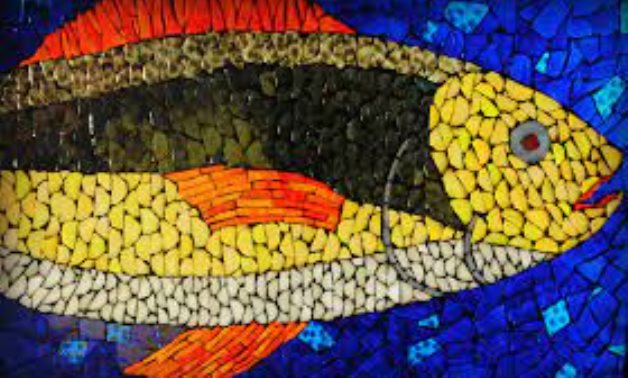
The museum includes collectibles and models that highlight the struggle of the people of Rashid and the battles they fought against the French and English colonialists.
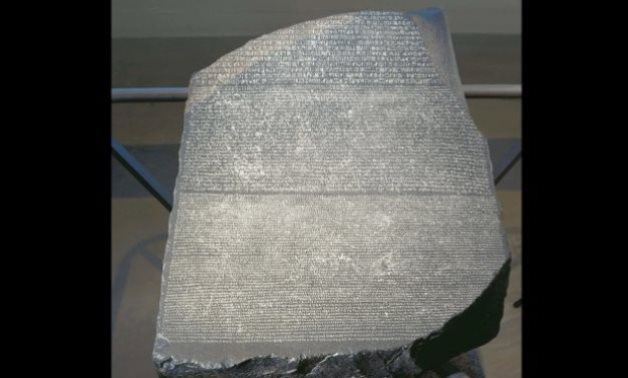
The Rosetta Stone was discovered by the French expedition in 1799 AD. It was discovered by a French officer named Bouchard on July 19, 1799.
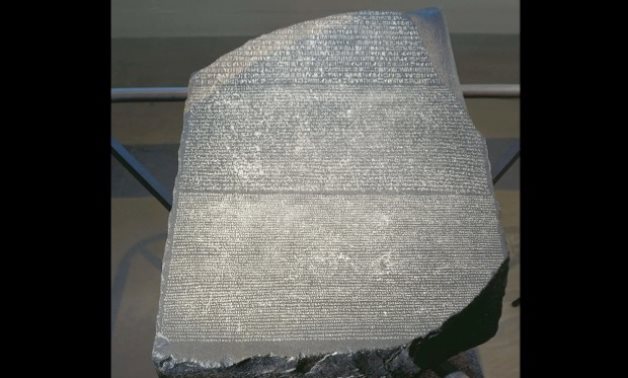
On September 27, 1822, French Egyptologist Jean-Francois Champollion was able to decipher the ancient Egyptian hieroglyphs after studying the Rosetta Stone.
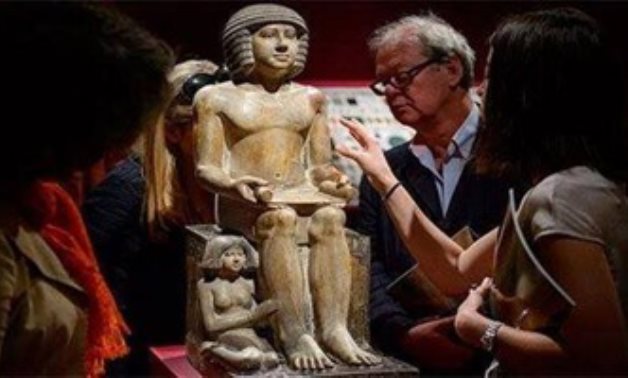
Egypt has suffered from the illegal smuggling of its precious artifacts throughout the ages, where thousands of artifacts were lost without a trace.
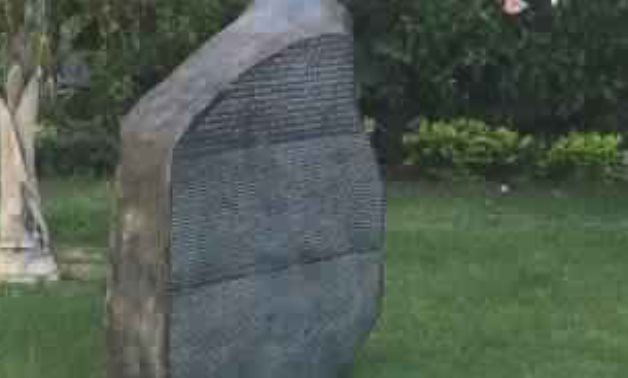
Egypt celebrates the 221st anniversary of discovering Rosetta Stone on July 19.
Most Read